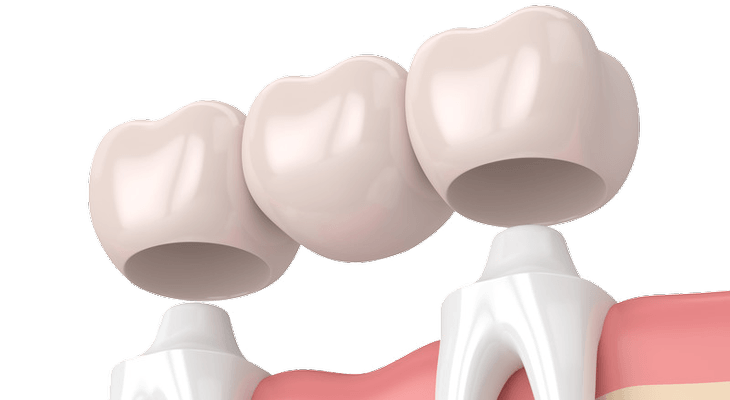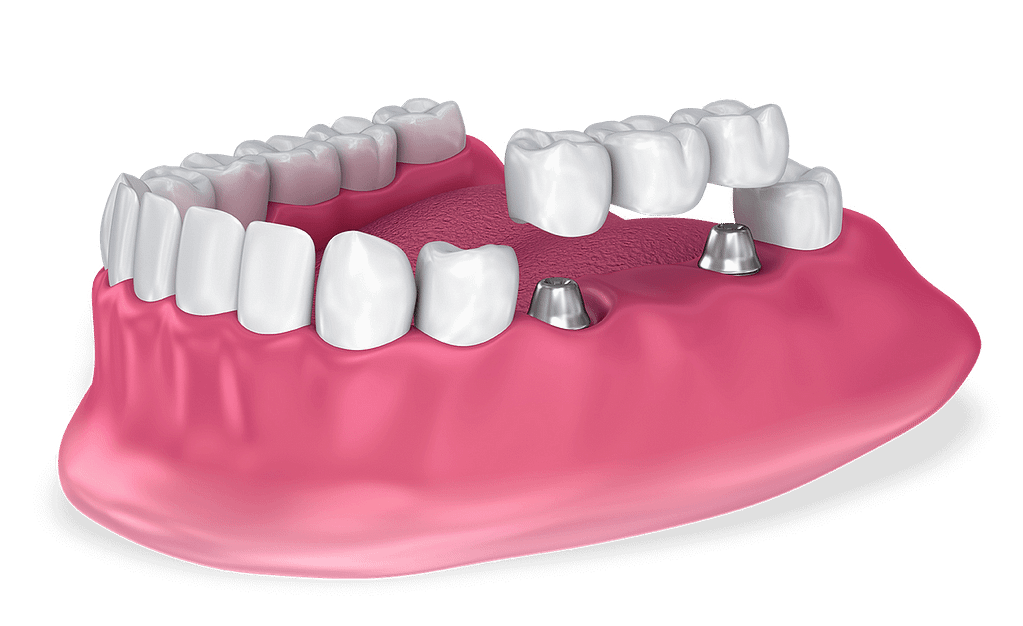BRIDGES
If you have suffered from tooth loss, there are multiple tooth replacement options available to you for restoring both the function and appearance of your smile at Parkwest Dental in Westland, Mi. No More days of fake-looking restorations – with the latest dental materials and technologies, we can replace your missing teeth with natural-looking, durable, and highly functional restorations, including dental bridges.
Why tooth loss occurs
Facing tooth loss can be difficult. It can affect not just the way your smile looks, but also your ability to eat and speak properly and your overall oral health. The end result can be a drop in self-confidence that impacts your entire life, which is why the team of dental professionals at Parkwest Dental is proud to offer multiple tooth replacement options so you can start feeling great about your smile again. Tooth loss can occur due to several issues, including:
- Tooth decay and gum disease: oral health issues such as decay and periodontitis can lead to the deterioration of your natural tooth structure and supporting bone, which can result in lost teeth or the need for tooth extractions
- Accidents and injuries: a hit to the mouth while playing sports, car accidents, and other injuries can all cause irreparable damage to teeth or knock them out
- Other diseases and risk factors: inadequate nutrition, tobacco use, and certain chronic conditions such as arthritis, diabetes, and hypertension can all contribute to tooth loss
How dental bridges work
Dental bridges are a versatile tooth replacement option that can be used to restore one or more missing teeth in a row. They are designed with artificial teeth that “bridge” the gap created by tooth loss and are secured in your mouth in one of a few ways depending on the type of bridge you choose and its location in your mouth. The bridge is typically made from two components:
- The false teeth that replace your missing teeth
- Crowns, wings, clips, or dental implants to secure the bridge in place
Bridges are often a good choice for patients who have insufficient healthy jawbone for a dental implant to be placed, or who want an option that is not removable (as opposed to a removable denture).
Types of dental bridges
Patients have a variety of options when it comes to the type of bridge used and the materials it is made from. The best choice for you will depend on where in your mouth the bridge will be placed, the number of teeth that are being replaced, and your preferences. Dental bridges are generally classified by the way the false teeth are anchored in place in your mouth:
- Traditional bridges use dental crowns on the adjacent teeth to secure the bridge in place
- Cantilever bridges may be used when there is only one tooth available on the side of the gap; these are not typically recommended for the back of the mouth due to the amount of force that the back teeth must withstand when eating
- Maryland bridges are typically made on a metal or porcelain framework and use wings that are bonded onto your existing teeth to hold the bridge in place
- Implant-supported bridges use a dental implant that is surgically placed in your jawbone to attach the false teeth for optimal stability and support
All the above options are fixed bridges, which means that they are permanent and not removable. Patients who are seeking a removable option may wish to ask about a partial denture, which can be secured in your mouth with clips or other attachments but is fully removable for cleaning and sleeping.

